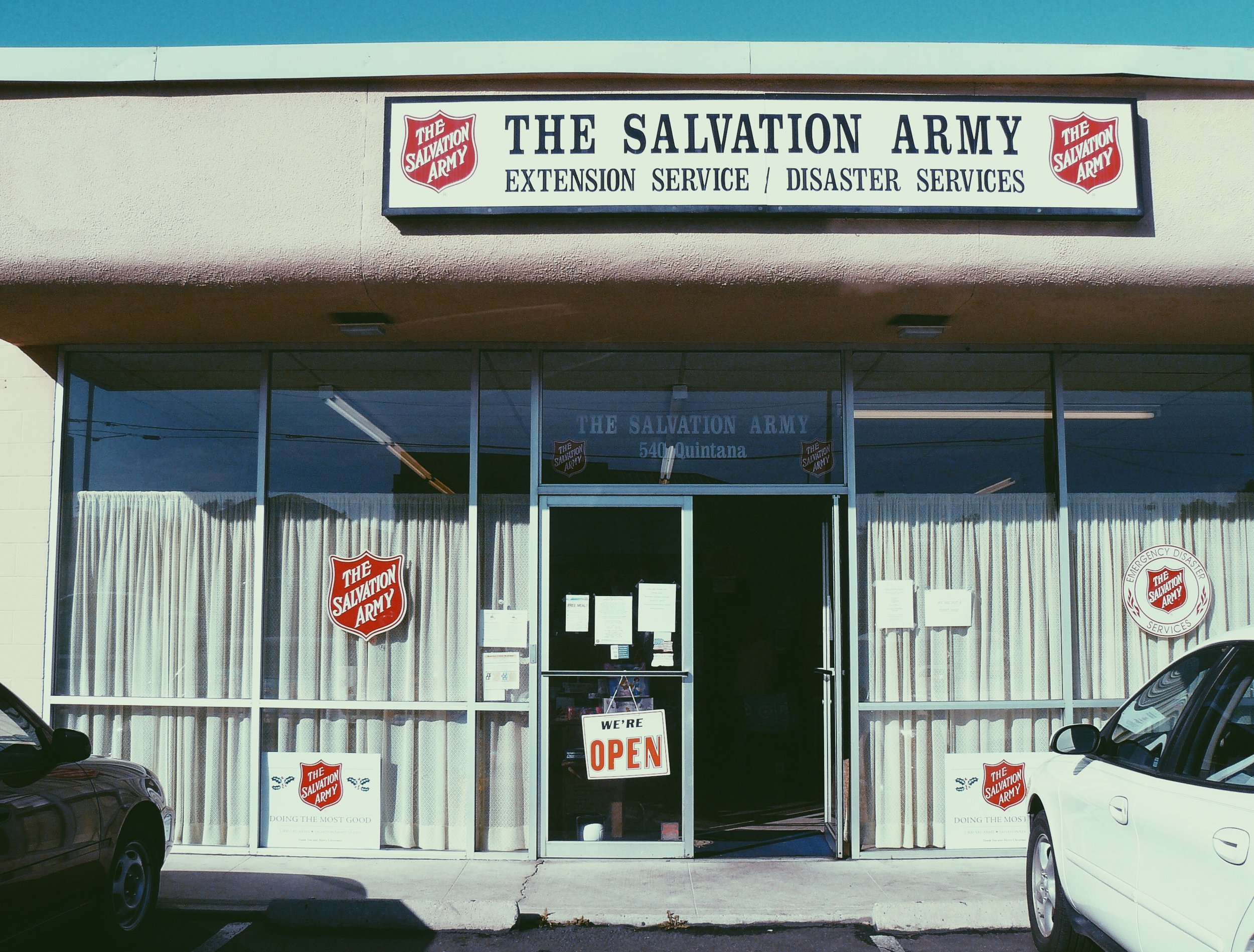We spoke to Ed Rowberry, who’s active in the charity and social enterprise sector and runs an organisation called Bristol and Bath Regional Capital, which is a regional investment funding body for social enterprises and capital projects. Ed also chairs a homelessness charity which owns social enterprises, as well as being a non-exec director of a social enterprise called Bristol Together, which employs ex-offenders to build homes. Don't forget, you can sign up for regular updates from our blog HERE!
At a Time When Grants Are Difficult To Come By, How Can Charities Become More Financially Sustainable?
The first thing charities need to think about is their purpose and what they were set up to achieve. Having done that, they can then think about how they sustain themselves. The risk in asking the sustainability question before asking the purpose question is that charities can get heavily distracted by things that move them away from their purpose at the expense of becoming sustainable. Charities need to ensure they still have the right structure to deliver their purpose, so before putting in place mechanisms such as revenue generation and profit mechanisms, questions of structure need to be asked.
Practically Speaking, What Steps Can Charities Take To Move Toward Being More Sustainable?
Having determined your purpose there’s then the question of governance. First of all, the board and the senior leadership team need to understand exactly how they might make revenue, and how they might generate profit in a safe and risk-adjusted way. They mustn’t take onerous risk but some calculated risk is good.
Practically that necessitates recruiting the right people to the board who understand commercial risk, how to present things that sell, how legalities work, finances work, marketing works, PR works, branding works: all those things that a business would do anyway. Charities have been doing this for centuries because charity shops have existed and that’s a form of social enterprise in itself. This, however, should not be done without having first looked into it with the right expertise.
Do You Know Of Any Examples Where Charities Have Made the Leap To Sustainability Successfully?
I know that organisations I’m involved with have set up gardening or cleaning services that employ people who’ve previously been homeless or excluded from society in a number of ways. Equally I’ve seen that, with a more profit based approach, property development run on commercial terms that employs people who would’ve otherwise been excluded from the labour market like ex-offenders, can be successful if it’s using the right commercial principles. As long as the service delivery is good, it will work well and distribute profit to the charity.
Where I think it doesn’t work is when well-meaning individuals with a charitable mind-set dabble with things they don’t understand, which comes back to my original point about ensuring your staffing and governance structures are right before you embark on any new ventures around social enterprise.
Do You Have Any Tips For Charities Starting to Look at Sustainability?
For a charity that’s thinking about doing this but isn’t sure, the first thing they need to do is get the right people around them who can advise them, they need someone with the right credentials and authority on the matter, who will quickly determine whether this is the right thing for them or not. Get the right people who know what they’re talking about around you.
The worst of both worlds is when there’s half an understanding and half a will to do it - lack of information and will is a lose, lose. I think that the key is having passion and being well informed when you make your decisions.
Remember you can sign up to recieve regular updates form our blog HERE!


